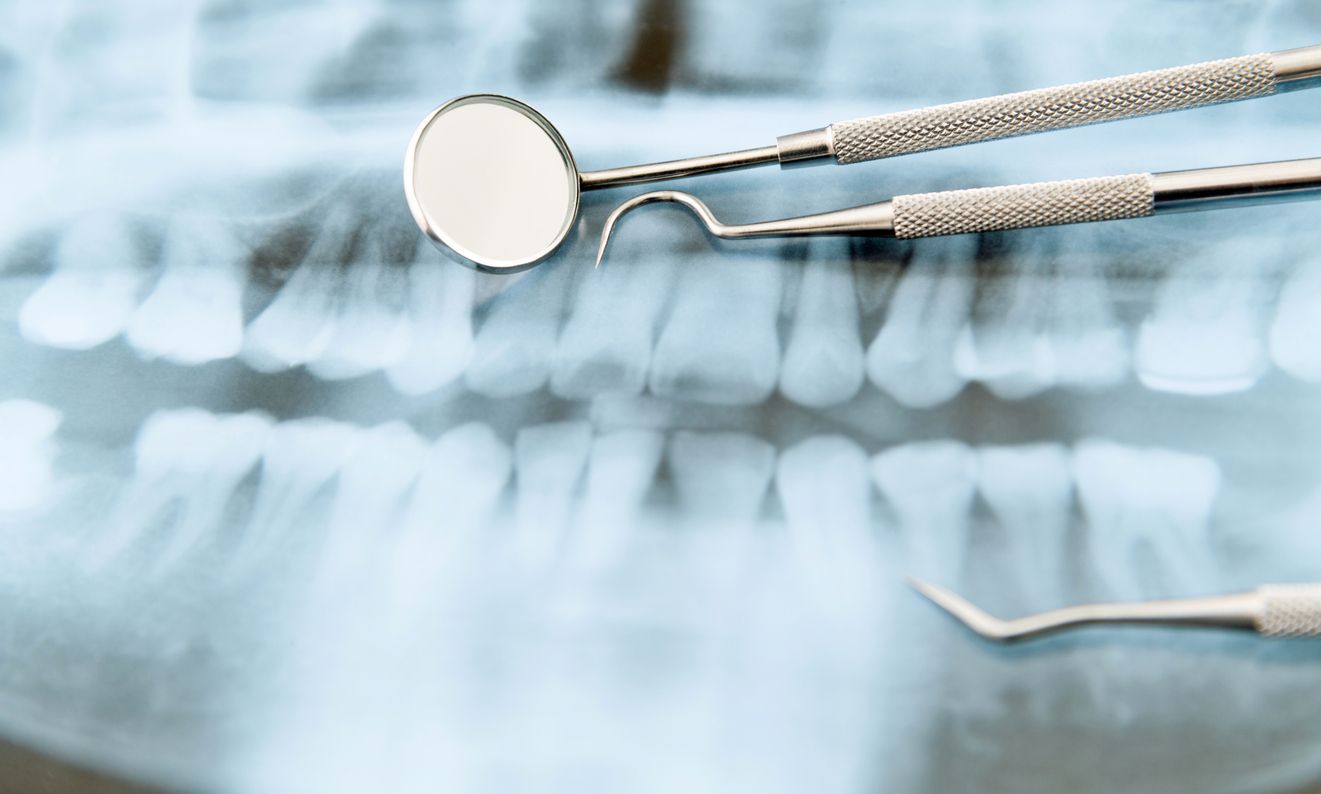What Is a Tooth Extraction? A Complete Guide
When a tooth is infected or damaged, tooth extraction is one of the procedures a dentist might recommend. Read on to learn more about tooth extractions.
Did you know that more than 120 million people in America are missing at least one tooth? Missing teeth can negatively affect your dental health, but in some cases, tooth extraction from your dentist in Framingham, MA is necessary. Wisdom tooth extraction is one of the most common types of tooth extractions around.
However, there are some cases in which your dentist may need to remove teeth other than your wisdom teeth. But how can you know if you need to have a tooth extracted in the near future? Keep reading and learn more about what kind of people need to have a tooth extracted and what the tooth extraction procedure is like.
What Is a Tooth Extraction Exactly?
Tooth extraction is exactly what it sounds like: it involves the removal of a tooth for one reason or another. As mentioned before, most tooth extractions involve wisdom teeth. This is because wisdom teeth often don't erupt in the right manner.
Normally, a tooth should erupt with the crown (the top part of the tooth) facing upwards. However, some wisdom teeth may try to erupt sideways or diagonally. When this happens, the wisdom tooth will make contact with the nearest molar, and the wisdom tooth will become impacted.
When this happens, the molar can actually become damaged, and the wisdom tooth will cause a lot of pain. The wisdom tooth may even become inflamed and infected as a result. To fix the problem, the wisdom tooth will need to be extracted to prevent the infection from getting any worse.
Otherwise, the infection would spread to the other teeth and even to the rest of the body, where it could be fatal. There is also the case in which wisdom teeth don't erupt at all. In this case, they stay inside the jaw bone.
Sometimes, this doesn't cause any trouble, but other times, unerupted wisdom teeth can cause problems later in life. For that reason, it is a good idea to have the teeth removed. But what about tooth extraction for teeth other than wisdom teeth?
Usually, your dentist will only extract your other teeth if there is something wrong with them that no other dental procedures can fix.
What You Need to Know
For example, suppose you have an infected tooth. Usually, a root canal would be able to fix this problem, but there are some cases in which the infection is too serious for a root canal to fix.
For that reason, your dentist will need to remove the entire tooth to ensure that the infection doesn't get worse or spread. Your dentist may also remove a tooth if it suffers from severe tooth decay. Tooth decay occurs when bacteria in the mouth produce acid that breaks down the tooth enamel over time.
Usually, brushing your teeth at least twice a day should prevent this from happening. For those who rarely, if ever, brush their teeth, tooth decay is inevitable. If tooth decay progresses into an advanced stage, the tooth will become very sensitive because it will no longer be protected by tooth enamel.
As a result, the more sensitive inner parts of the tooth, known as the pulp, will be more vulnerable both to pain and infection. Because the tooth is so decayed, the only way to fix the problem is to remove the entire tooth.
Understanding the Tooth Extraction Procedure
Before going in for a tooth extraction, you will first need to know about the tooth extraction cost. Usually, you will need to pay between $75 and $200 per tooth. This cost may vary depending on what kind of sedative you need.
For example, if you need more invasive dental surgery to remove a tooth, such as a wisdom tooth, you will likely need to pay more. The location in which you live may also affect the cost. Before the procedure, your dentist will take some scans of your mouth to examine whatever dental problems you may have.
You should also tell your dentist about any medication you may be on or any health conditions you may have. If you only need a simple extraction, the procedure will be relatively quick. Your dentist will provide you with a local anesthetic so you won't feel pain in the area being treated, though you may feel some pressure.
Your dentist will then loosen the tooth with a special tool before removing it with forceps.
The Details
If you need surgical extraction, on the other hand, you will likely need to be given anesthesia through an IV. This is because surgical extraction is much more invasive and can be very painful without anesthesia.
This is not to mention that anesthesia can help you stay calm throughout the procedure. This is important because surgical extractions tend to take a long time. In some cases, anesthesia might even render you unconscious.
Surgical extractions are usually necessary for impacted wisdom teeth or wisdom teeth that have not erupted. In this case, your surgeon will cut through the gums to reach the teeth before removing them. Pain after a tooth extraction is completely normal and will slowly go away as the site heals.
It is important to keep your mouth clean after the extraction to minimize the risk of infection.
What You Need to Know About Tooth Extraction
Tooth extraction from your dentist in Framingham MA may be a necessary procedure if your teeth can no longer benefit from other dental options. A simple extraction is a quick procedure that usually involves teeth that are not wisdom teeth.
A surgical extraction, on the other hand, is more invasive and usually involves wisdom teeth. To learn more about tooth extraction,
contact us here.










